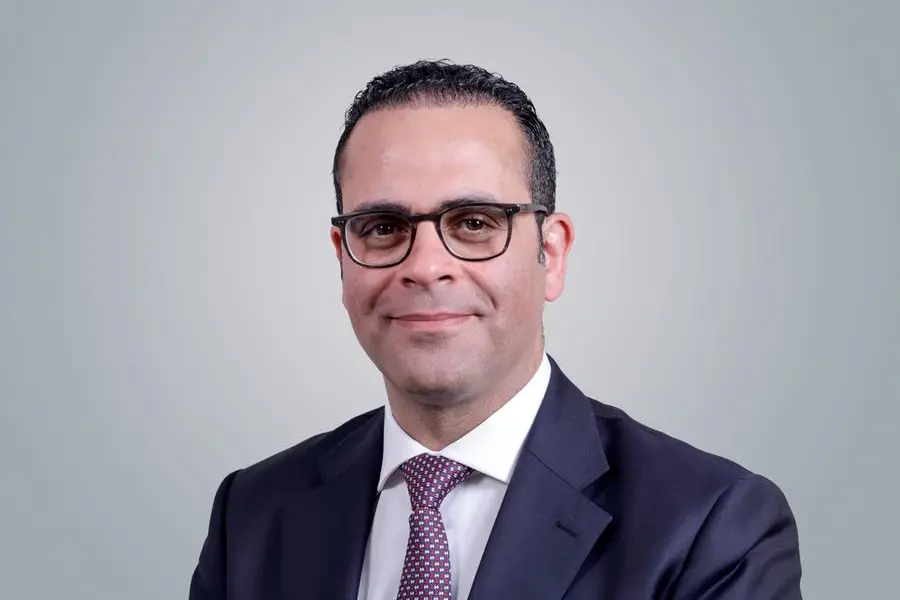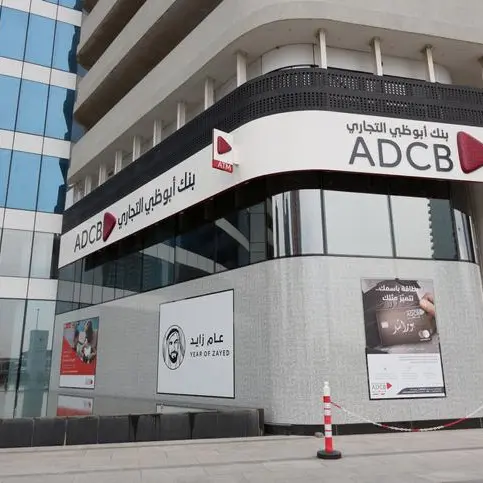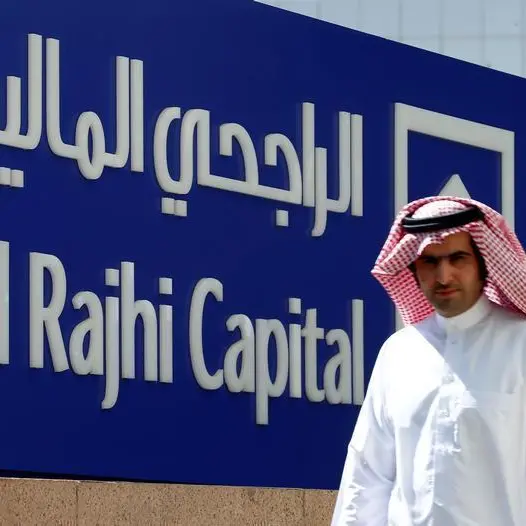PHOTO
Setting up a transparent regulatory standard for net zero is crucial for companies to define their position clearly, Mohamed Abdellatif, Senior Executive Officer and Head of Middle East for Swiss private bank Union Bancaire Privée (UBP), told Zawya.
“There has been genuine progress by certain companies, but of course, there are obstacles, which are no different than in other regions. But for now, we have the Science-Based Target initiative as a good first step, but it is only voluntary and not well-adapted to all sectors,” he added.
The UN climate change conference, COP28, opened in the Expo City Dubai on Thursday with a resounding call to accelerate collective climate action. The summit will run until December 12, 2023.
Abdellatif stated that every COP is an opportunity to make progress, though most have led to suboptimal outcomes.
“There is hope that the world eventually understands the urgency of the situation.”
COPs are a forum where officials, NGOs, and companies meet and exchange ideas, which can help foster collaboration that leads to innovation.
There has been a steep increase in the percentage of global emissions covered by a carbon price (up over four times in the last 12 years to almost 25%). Moreover, there have been discussions about how to organise a global carbon market since the Paris Agreement has been in place.
“Seeing progress on this front could help reduce emissions and raise capital for more climate solutions at the same time,” Abdellatif stated.
Asked about the challenges corporates face when capturing continuous actionable data related to sustainability/ESG, he said the reporting requirements always increase, with data only becoming marginally easier to obtain.
“So, it continues to be a major challenge for all involved. As an asset manager and a data buyer, we have noticed that availability and reliability have increased over the last five years.”
However, despite huge interest from investors recently, biodiversity data is only in its infancy and the existing approaches have a lot of room for improvement, he said.
The private bank has committed to reduce operational emissions by 25% by 2025 from its 2019 baseline.
“We are therefore tackling the key drivers of our carbon footprint, notably by switching to clean energy, enhancing the energy efficiency of our buildings, and managing travel-related emissions.”
The company is set to start working on its net-zero transition plan for 2050 to align with Switzerland’s climate strategy.
“On the investment side, we have committed to transition our Asset Management portfolios towards net zero,” Abdellatif noted.
UBP has set sights on expansion in the Middle East, with Dubai being a key hub for the financial sector with an established regulatory regime.
The transition in Saudi has created more dynamic growth and wealth generation in the region, Abdellatif said, starting the company plans an onshore presence in the Kingdom.
“The Middle East and especially the Gulf remains a strong and attractive space for wealth management as we see a steady wealth generation within families in the region,” he added.
(Editing by Brinda Darasha; brinda.darasha@lseg.com)





















